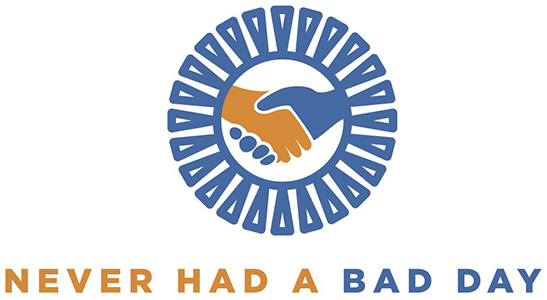Rabbi Stephen Weiss
Rosh Hashanah 2013
our own acts of kindness can help us as much as they can help those we consider less fortunate
Elimelekh and Zusya were two early Hassidic masters who also happened to be brothers. Elimelekh lived in luxury, Zusya in poverty.
You might ask why Elimelekh allowed his brother to live in poverty. Whenever Elimelekh shared his wealth with Zusya, Zusya would find someone poorer than he was, and Zusya would be poor again. It was the nature of Elimelekh to be wealthy, the nature of Zusya to be poor.
One day students came to ask Elimelekh about the commandment to love God. It says, “You shall love the Lord your God with all your heart.” They told him they knew how to love God when things were going well. How were you supposed to love God when things were going badly? Reb Elimelekh said, “You will learn this lesson better from my brother than you would learn it from me.”
It was a cold day, so they knew they would find Reb Zusya sleeping behind the stove in the synagogue to stay warm. They waited for him to wake, then asked him how you love God when you’re having a bad day. Zusya looked up at them from his rags and said he didn’t know. He had never had a bad day. (from Mitch Chefitz’, The Seventh Telling: The Kabbalah of Moeshe Katan p. 157)
We can all learn from Zusya. His life is a reminder to us that our own acts of kindness can help us as much as they can help those we consider less fortunate. They can make us feel wealthy, feel generous, feel lucky.
Reb Zusya’s life was hard. He was always in need of food, shelter, clothes. He could have answered those students differently. He could have said, let me tell you, no one knows more about bad days than me. He could have said that he forces himself to praise God even when he is suffering.
But the thing is… Reb Zusya never saw himself as suffering or wanting in any way. He was so busy reaching down to those on the rungs below him that he never had time to look up to see how many rungs stretched above him. So as long as he could help others, Zusya felt that life was good, and that he was rich, and he lived life with an unbounded sense of appreciation and gratitude, with unbounded joy, and even in his most dire straits Zusya could fulfill the command to “love the Lord your God with all your heart. He found joy in life because he focused less on his own needs and more on the needs of others. He found his personal redemption in helping to redeem the world.
Tomorrow we will chant the Unetaneh tokef prayer, in which we envision God as a judge sitting in the heavenly court weighing our sins and good deeds. We pray that God will forgive us our trespasses, and that He will decree for us another year of life, a year filled with prosperity, health and blessing. We recognize that there is much that is beyond our control, and we hope that this year will be, as the Israelis say, out with the curses, in with the blessings. But whether or not all the blessings we desire come our way, we have the ability to control how we respond to God’s decree.
We can either choose to focus on the Gezerah, the fate that God has decreed for us, in the coming year; or we can focus on how we respond to that decree. We can focus on our losses — the deaths of those we love, the aging of our bodies, our disappointments and regrets, our resentment about other people’s good fortune and our own bad luck — or we can daily embrace the reality of our lives and seek to utilize it as a gift that enables us to lift up those around us. tesIn the coming year, May God grant us the gift of learning how to see the world through Reb Zusya’s eyes, so that we too can learn to love God with all our heart, by loving those around us.
Shanah Tovah.
